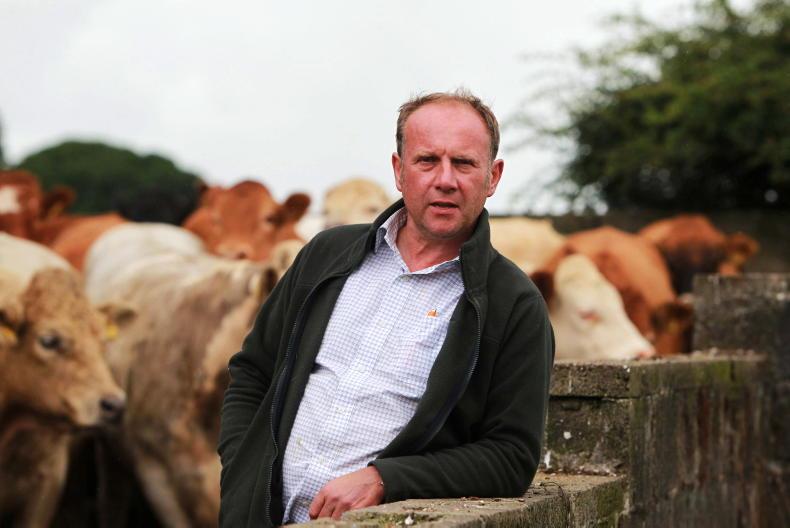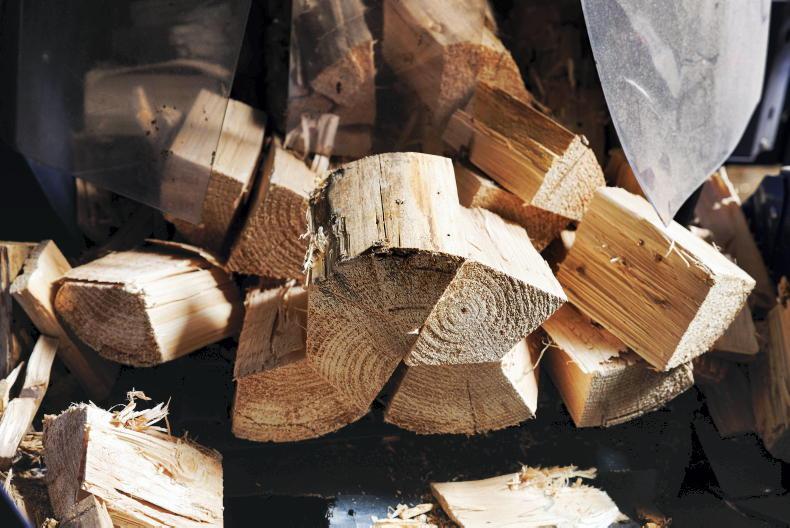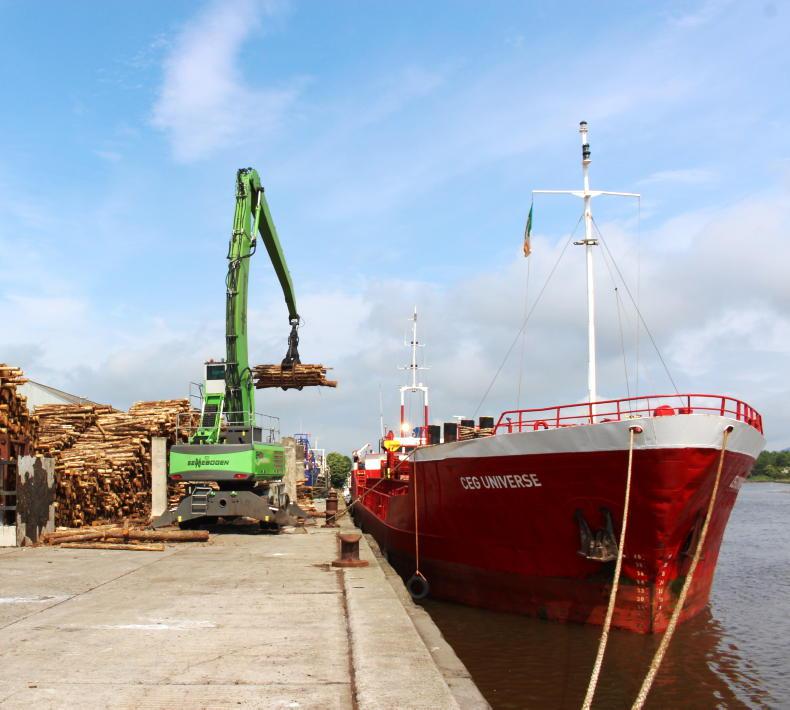DEAR SIR: Dermot Houlihan made a rather cutting, error-laden criticism of the role and operation of producer groups in Knowledge Transfer groups (KTGs) in forestry in a letter to the Irish Farmers Journal of last week. This was in response to views expressed by myself in a previous issue of the IFJ on the relative roles of these groups and of forestry companies in knowledge transfer.
In that contribution, I argued that producer groups were best placed to operate KTGs for the reason that they are independent and are not in a position to directly benefit from further dealings with the participants. I was also keen to stress that forestry companies have a large role to play in private sector forestry as service providers. The role of producer groups is to inform members and to protect their interests, when dealing with the forest service, contractors or indeed forestry companies.
So, I again stress that my views on KTG provision should not be taken as a general criticism of forestry companies. For this reason, I find the manner of Dermot Houlihan’s criticism disappointing. He is critical of a number of aspects of producer groups running of the KTG, almost to the point of denying them any role. Project funding in the pilot scheme was exactly the same as it is for the new scheme of which he is so anxious to be part. The division of this funding between administrative overheads and payment to course facilitators is a matter for each KTG organiser and will presumably reach a common level over time.
I would also like to point out that producer groups are subject to the same constraints as any other organisation when it comes to protecting members’ data. Dermot Houlihan really should know that producer groups have no access to forest service data on forest owners, as he suggests.
Finally, and perhaps tellingly, producer groups, run by volunteers, have facilitated free training for members and others over the years. Forestry companies have not done this – nor should they be expected to do so – they are commercial profit-making entities after all. However, now that some small funding is available for this training, they immediately become interested. Ultimately, all sectors in the forestry industry will benefit from knowledge transfer – growers, processors and indeed forestry companies, who will provide services for the newly informed participants.










SHARING OPTIONS